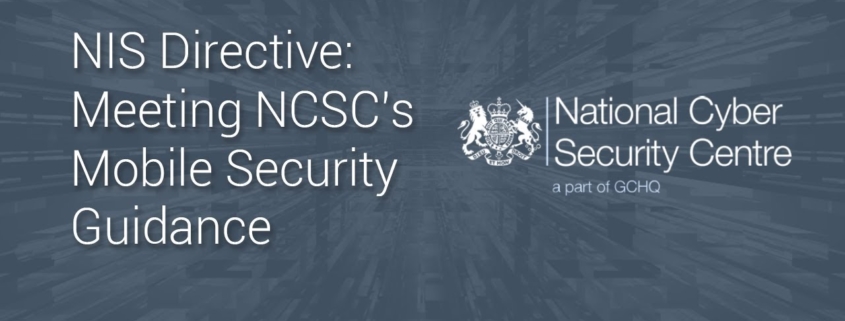Ransomware Remains Top Cyber Threat, Former NCSC Chief Says
Fraud Management & Cybercrime
,
Ransomware
Ciaran Martin Warns 2023 Will See Increased High-Profile Attacks

Ransomware continues to be the United Kingdom’s most prominent cybersecurity threat, and the country can expect to see a surge in destructive attacks in 2023, warns the former head of the UK’s national cybersecurity agency.
Ciaran Martin, now an Oxford University professor, says while overall ransomware activities across the world slumped in 2022, attacks are likely to surge in the coming months. He adds that recent hacks against The Guardian newspaper and the British Royal Mail are an example of these early-stage attacks.
See Also: Live Webinar | Navigating the Difficulties of Patching OT
Martin, who was the U.K. National Cyber Security Centre’s CEO until 2020, points out one of the contributing factors behind the success of ransomware continues to be that most criminal groups operate out of Russia, which he says is a “safe haven” for the crooks to “operate with impunity.”
“Cyber criminals thrive in weaker states, they don’t thrive in France, in the United States or Canada,” Martin tells Information Security Media Group during the Cyberthreat UK conference this week. “So, for the foreseeable future, I think this region is likely to be a source of significant cyber.”
The 23% decline in ransomware attacks in 2022, which is based on a SonicWall report, is likely tied to disruption caused by the ongoing war in Ukraine and Russia, with most ransomware operators in the region being forced to flee or join as conscripts in the state security service, he says.
“In 2023, the early signs, sadly, are that there’s a bit more of it…



